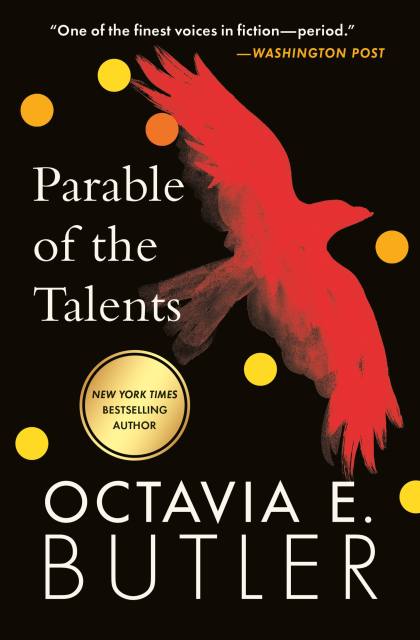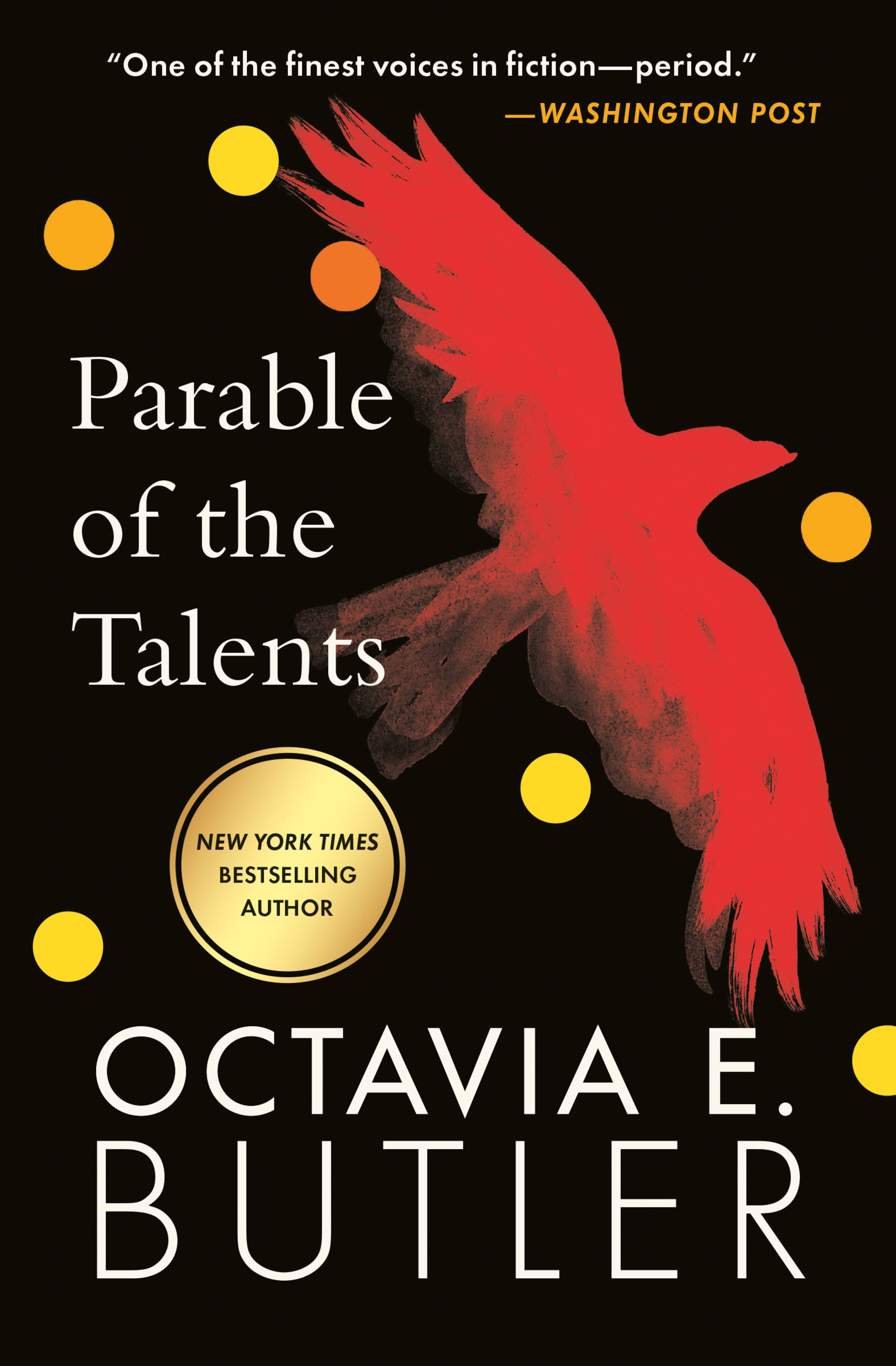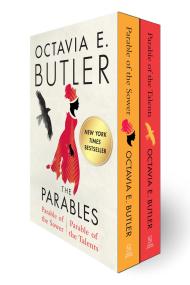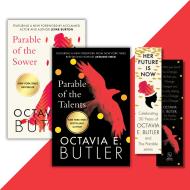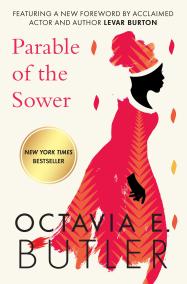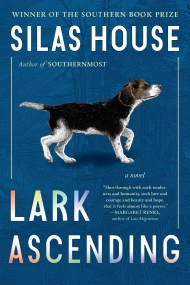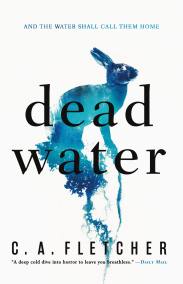By clicking “Accept,” you agree to the use of cookies and similar technologies on your device as set forth in our Cookie Policy and our Privacy Policy. Please note that certain cookies are essential for this website to function properly and do not require user consent to be deployed.
Parable of the Talents
Contributors
Formats and Prices
- On Sale
- Mar 28, 2023
- Page Count
- 448 pages
- Publisher
- Grand Central Publishing
- ISBN-13
- 9781538765500
Price
$11.99Price
$15.99 CADFormat
Format:
- ebook $11.99 $15.99 CAD
- Audiobook Download (Unabridged) $31.99
- Trade Paperback $19.99 $25.99 CAD
Buy from Other Retailers:
From a celebrated author, the thrilling sequel to The Parable of the Sower—a cautionary novel ahead of its time, perfect for fans of The Broken Earth trilogy.
In 2032, Lauren Olamina has survived the destruction and ruin of everything she knew. Her peaceful community based on her newly founded faith, Earthseed, provides refuge for outcasts facing persecution after the election of an ultra-conservative president. Under his rule, Lauren's colony—a minority religious faction led by a young Black woman—becomes a target for the president’s reign of terror and oppression.
Years later, Asha Vere reads the journals of a mother she never knew. As she searches for answers, she struggles to reconcile with the legacy of a mother caught between her duty to her chosen family and her calling to lead humankind into a better future.
"In the ongoing contest over which dystopian classic is most applicable to our time, Octavia Butler's 'Parable' books may be unmatched."—The New Yorker
-
"A brilliant, endlessly rich dystopian novel that pairs well with 1984 or The Handmaid's Tale, and it's also a fascinating exploration of how crises can fuel new religious and ideological movements."John Green, #1 New York Times bestselling author of Turtles All the Way Down (praise for Parable of the Sower)
-
"In the ongoing contest over which dystopian classic is most applicable to our time, Octavia Butler's 'Parable' books may be unmatched."New Yorker
-
"One of the finest voices in fiction-period . . . A master storyteller, Butler casts an unflinching eye on racism, sexism, poverty, and ignorance and lets the reader see the terror and beauty of human nature."Washington Post Book World
-
"If we're talking must-read authors like Maya Angelou, James Baldwin, and Toni Morrison, the one-and-only Octavia Butler needs be a part of the conversation. The groundbreaking sci-fi and speculative fiction author was a master of spinning imaginative tales that introduced you to both the possibilities -- and dangers -- of the human race, all while offering lessons on tribalism, race, gender, and sexuality."O, The Oprah Magazine
-
"The story of three generations of Olamina women . . . Most touching in the novel are the friction between generations, the kinds of faith each generation indulges in, and the new families that form when traditional ones are splintered."Los Angeles Times
-
"Continues and deepens the story [Butler] began five years ago in Parable of the Sower. . . Butler's narrative skills are impressive."New York Times Book Review
-
"Enthralling...compelling and truly original."Denver Post
-
"Impassioned . . . stands out as a testament to the author's enormous talent."Publishers Weekly (starred review)
-
"Brilliant . . . powerful, moving, and beautifully written."Library Journal (starred review)
-
"Splendid . . . provocative . . . a parable that deserves to be pondered."The Plain Dealer
-
"[Butler] wrote powerfully, imaginatively, and creatively. The worlds she built were beautiful, harsh, and grim. Her protagonists were stoic and inspiring. Despite tackling multiple issues-politics, environment, segregation, religion, social injustices-her prose was concise. Her stories were powerful and believable."SFF World
-
"The Earthseed books are instructional in a way that other apocalypse fictions are not . . . they offer something beyond practical preparations: a blueprint for adjusting to uncertainty."Slate
